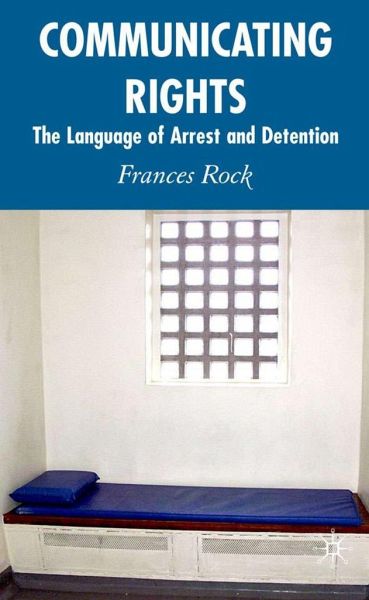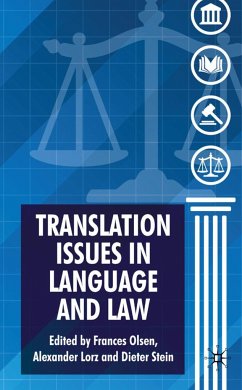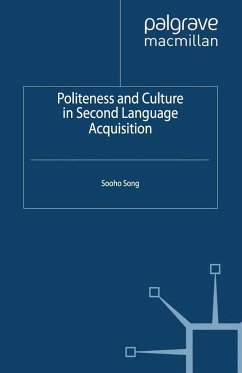
Communicating Rights
The Language of Arrest and Detention

PAYBACK Punkte
38 °P sammeln!
Organizations acting on behalf of society are expected to act fairly, explaining themselves and their procedures. For the police, explanation is routine and repetitive. It's also very powerful. This book provides an unusual opportunity to see different speakers and writers explaining the same texts in their own words in British police stations.














